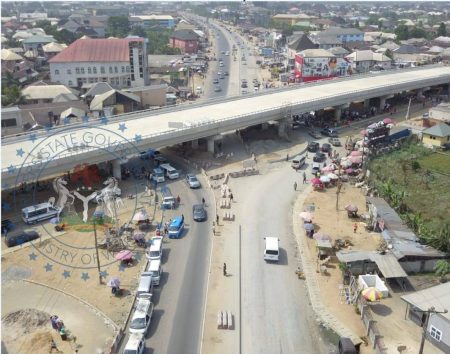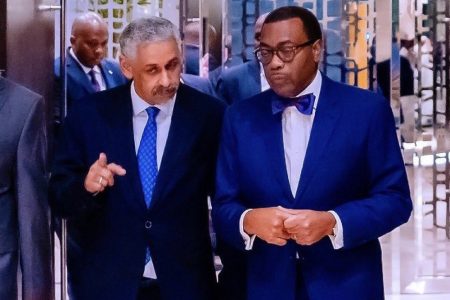
OpeOluwani Akintayo
Lagos — The Chief Executive Officer, Total E&P Nigeria Limited and chairman of the Oil Producers Trade Section, OPTS, of the Lagos Chambers of Commerce and Industry, LCCI, Mr. Mike Sangster, has proposed the removal of hydrocarbon tax in the revised Petroleum Industry Bill, PIB.
At the first 2021 public hearing of the Bill at the National Assembly, which began on Monday, Sangster said the removal of the hydrocarbon tax was necessary considering that companies would still be subject to Company Income Tax, CIT.
While making his presentations on behalf of Total, Chevron, Exxon Mobil, and Shell companies, he also said the bill failed to address the key challenges facing gas development in Nigeria, such as inadequate midstream infrastructure, regulated gas pricing, huge and long outstanding debts, thereby potentially jeopardising the realisation of government’s aspirations for the domestic gas sector.
He suggested that the bill “provide a clear path for transitioning to free market-based pricing, not add additional compliance conditions on domestic gas delivery obligations as a precondition for export gas supply and allow pre-existing contracts and agreements to run their course”.
The PIB, Sangster continued, “does not clearly preserve the terms of existing investments”.
“OPTS recognises the government’s right to change laws. However, to maintain Nigeria’s reputation amongst investors, it is important for the PIB to explicitly preserve base businesses and rights for existing Joint Venture licenses and leases and Production Sharing Contracts, which form the basis for future growth.
“Operators should be allowed to retain the entirety of their lease areas and new terms should apply only to new contracts, licenses and leases,” he said.
The PIB had suffered setbacks for about 20 years. It proposes the scrapping of the Nigerian National Petroleum Corporation, NNPC, and the Petroleum Product Pricing Regulatory Agency, PPPRA.
It also proposes creation of the Nigerian National Petroleum Company Limited as well as the establishment of the Nigerian Upstream Regulatory Commission and the Nigerian Midstream and Downstream Petroleum Regulatory Authority.



